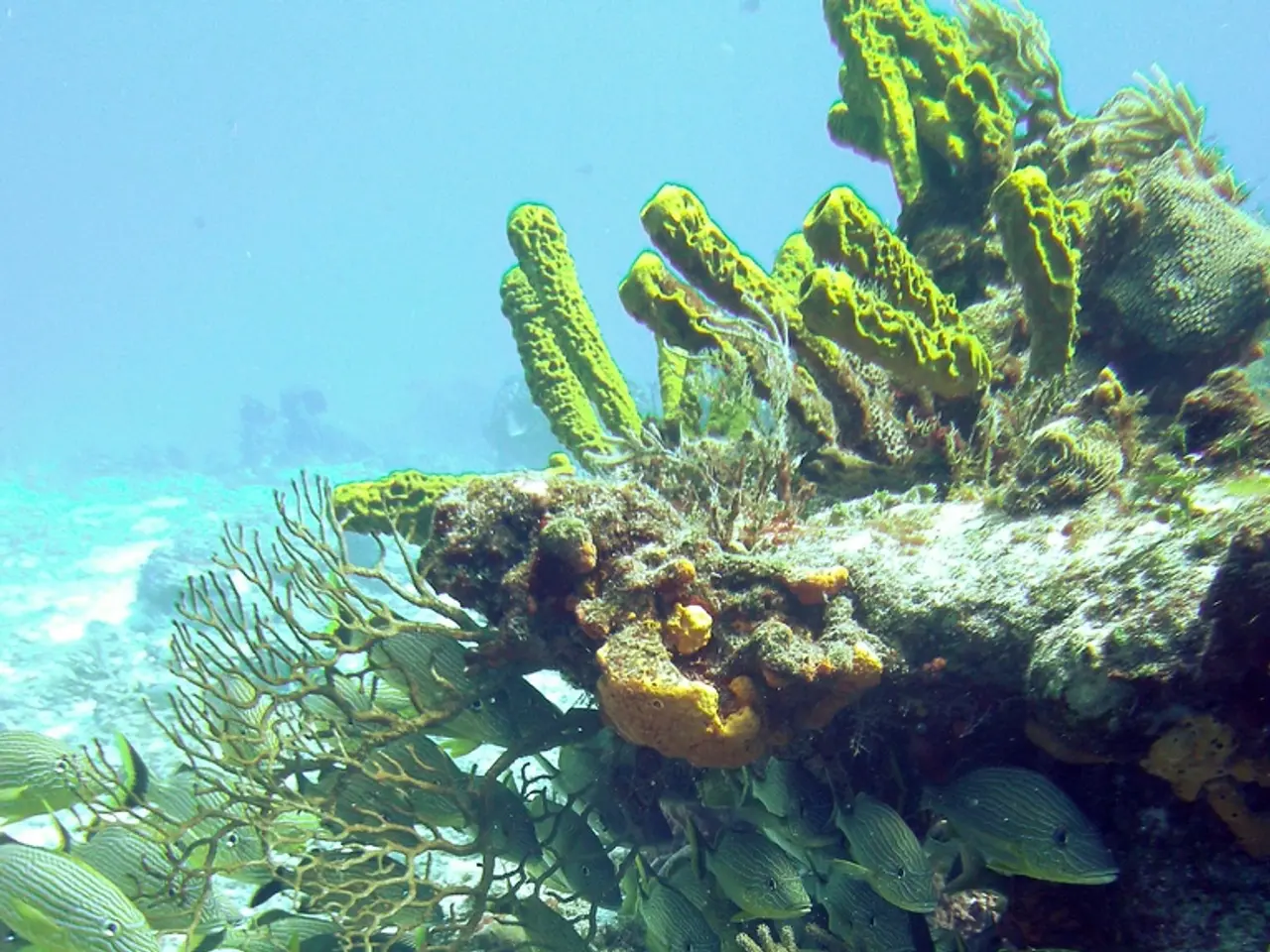UC San Diego Awarded $7.35M for Marine Health Research in Changing Climate
The University of California San Diego (UC San Diego) has received a significant boost for its marine research efforts. The university has been awarded $7.35 million in funding from the NSF and NIH for a multidisciplinary program focused on marine contaminants and nutrients in a changing climate. This funding will re-establish the Scripps Center for Oceans and Human Health as one of four nationwide centers dedicated to understanding ocean-related health effects on people.
The center, a collaboration between UC San Diego's Scripps Institution of Oceanography, Skaggs School of Pharmacy and Pharmaceutical Sciences, School of Biological Sciences, NOAA's California Sea Grant, and the Southwest Fisheries Science Center, will explore crucial aspects of ocean health and its impact on humans. One key research project aims to understand how nutrients and contaminants bioaccumulate in the marine food web and develop models to predict their cycling and human exposure under different climate change scenarios.
Another project will delve into the impact of climate change on the human intake of seafood micronutrients and contaminants. The center will focus on three primary research endeavors and include a large community engagement program, ensuring its findings reach and benefit a wide audience.
Led by UC San Diego, a top 15 research university, the Scripps Center for Oceans and Human Health will explore the sources, fates, and potential toxicity of human-made and natural chemicals in the ocean. It will study the health benefits of nutrients like selenium and omega-3 fatty acids, and examine toxic heavy metals and organic pollutants like PCBs and PBDEs, all while considering the impacts of climate change. This multidisciplinary effort is set to advance our understanding of ocean health and its connection to human well-being.





